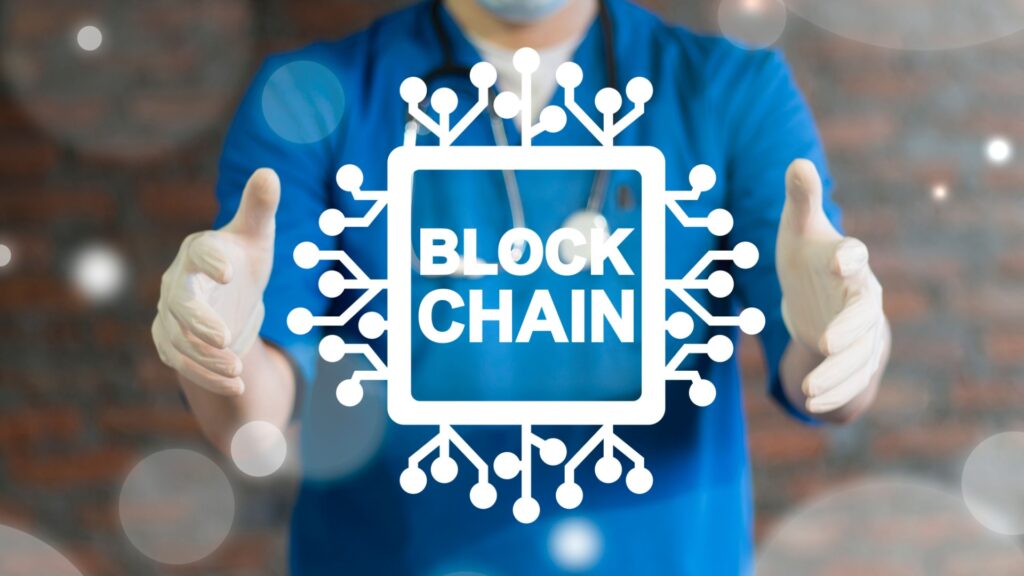In recent years, blockchain technology has increasingly drawn the attention of various sectors, including healthcare. Originally designed for cryptocurrencies, blockchain offers unique solutions for storing and transferring data, significantly improving the security and accessibility of medical information. Let’s explore the key advantages of blockchain in healthcare and its impact on the storage and exchange of medical data.
What is Blockchain?
Blockchain is a distributed database consisting of a chain of blocks, each containing information about transactions. These blocks are linked through cryptographic methods, ensuring a high level of security. Unlike traditional databases, where information is stored centrally, blockchain is distributed across multiple nodes, making it resistant to attacks and failures.
Early Applications of Blockchain in Healthcare
Initial Steps (2015–2017)
The first experiments with blockchain in healthcare began around 2015. One of the first projects was MedRec, developed at the Massachusetts Institute of Technology (MIT). It proposed using blockchain for storing and managing medical records, allowing patients to control access to their data and ensuring secure and transparent information exchange between healthcare institutions.
In 2016, the Healthcoin consortium was established to explore blockchain applications in health monitoring and medical data management. These early projects laid the groundwork for further research and development of blockchain technologies in healthcare.
Expansion of Applications (2018–2020)
By 2018, interest in blockchain within the healthcare sector had grown significantly. This period saw the emergence of new startups and initiatives aimed at addressing specific challenges in the medical industry, such as data security, drug tracking, and clinical trial management.
For example, the Chronicled project developed a platform for tracking the pharmaceutical supply chain, helping to prevent counterfeit drugs and ensure authenticity. Other companies began creating solutions for the secure exchange of medical data between institutions, leveraging blockchain as the infrastructure for authentication and authorization.
Blockchain and Healthcare Today: Companies, Examples, and Use Cases

Each year, new projects emerge aimed at addressing pressing issues in the storage and management of medical data. Despite existing challenges, blockchain has the potential to significantly enhance the security, transparency, and accessibility of medical information, ultimately improving the quality of healthcare and public health outcomes. In 2024, many companies and startups are actively integrating blockchain to address data security, supply chain management, clinical trials, and other aspects of medical practice.
IBM Watson Health — a division of IBM that actively leverages blockchain to enhance efficiency and security in healthcare. One of its notable projects is IBM Blockchain for Health, which simplifies the exchange of medical data between institutions.
IBM collaborates with healthcare facilities and research centers to develop a platform that allows patients to control access to their medical information. This initiative ensures data privacy while facilitating interoperability between different systems.
Solve.Care — a platform that uses blockchain to manage healthcare processes, including patient programs and service coordination. The platform aims to improve access to medical services and simplify interactions between patients and healthcare institutions. The company has developed a system that helps patients schedule doctor appointments, receive reminders about checkups, and monitor their health through blockchain technology. This creates a more organized and efficient healthcare system.
Gem Health — a startup developing solutions for the secure exchange of medical information using blockchain. It focuses on enhancing data security and accessibility while simplifying interactions between healthcare institutions and providers.
The platform enables patients to store and manage their medical records in a decentralized network, ensuring data security and control over access. This solution facilitates the sharing of information between doctors and hospitals.
In 2024, blockchain technologies are continuing to become widespread in healthcare, with numerous companies developing innovative solutions to improve the security, efficiency, and accessibility of medical data. The examples above illustrate how blockchain can transform the management of medical information, enhancing interactions between patients and healthcare institutions. Given the growing interest in this technology, it is expected that more use cases and initiatives will emerge, further contributing to the transformation of the healthcare sector.
Benefits of Blockchain in Healthcare

One of the primary benefits of blockchain technology is its ability to ensure a high level of data security. Each block in the chain is protected by cryptographic hashes, making it nearly impossible to alter without the consensus of all network participants. This is especially critical in healthcare, where data breaches or tampering with medical information can have serious consequences for patients. Blockchain enables the creation of decentralized data management systems, allowing patients to control access to their medical records. This means patients can grant access to their data only to trusted healthcare professionals, enhancing privacy and security.
Blockchain allows the creation of a unified platform for sharing medical data between different institutions. This enables healthcare providers to access necessary patient information in real time, significantly improving the quality of care and reducing the time required for diagnosis and treatment.
Additionally, blockchain can help combat fraud, as all transactions are recorded and stored in an open ledger. This allows for tracking changes in data and detecting suspicious activities. For instance, it can prevent the falsification of prescriptions or the unauthorized use of medical services.
Blockchain can also automate numerous processes, such as processing insurance claims or managing clinical trials. Through the use of smart contracts—automated programs operating on the blockchain—interactions between various parties can be simplified, reducing costs and processing times.
The implementation of blockchain in healthcare opens up new opportunities for improving the security, accessibility, and quality of medical data. This technology can address many challenges associated with centralized data storage systems and give patients greater control over their medical information.